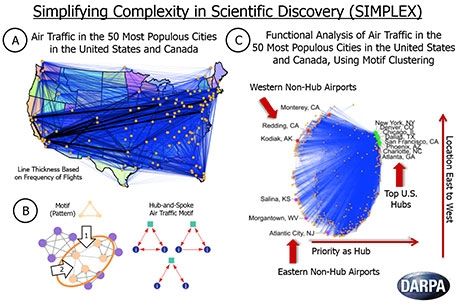ANN ARBOR, Mich., –July 12, 2016- Kraig Biocraft Laboratories, Inc. (OTCQB: KBLB) (“Company”), the leading developer of spider silk based fibers, today announced that it has received a contract valued at up to $1.0 million, if the option phase is awarded, for the development of high performance fibers for protective apparel applications. Under the fully funded base effort, valued at $99,962, the Company will deliver ballistic shoot packs constructed from its proprietary Dragon Silk™ material for performance testing. These shoot packs will be tested and evaluated for critical Soldier protective applications including ballistic impact. If awarded, the option phase will significantly expand this work with the US Army.
“Dragon Silk scores very highly in tensile strength and elasticity, which makes it one of the toughest fibers known to man and the ideal material for many applications,” stated Jon Rice, COO. “Providing material for this ballistic shoot pack initiative is an important next step for Kraig and spider silk. This contract reinforces the many significant potential applications for recombinant spider silk. Today is a great day for spider silk.”
“We’re proud to be working with the Department of Defense to assess the exciting potential of spider silk for military applications,” stated Kim K Thompson, CEO and founder of Kraig Biocraft Laboratories. “We are honored that the U.S. Army has selected us for this program. This effort will provide Kraig Labs with the opportunity to validate our longstanding belief that spider silk technology has had an incredible potential for protective and lifesaving materials and expand our ability to design and engineer innovative materials solutions.”






